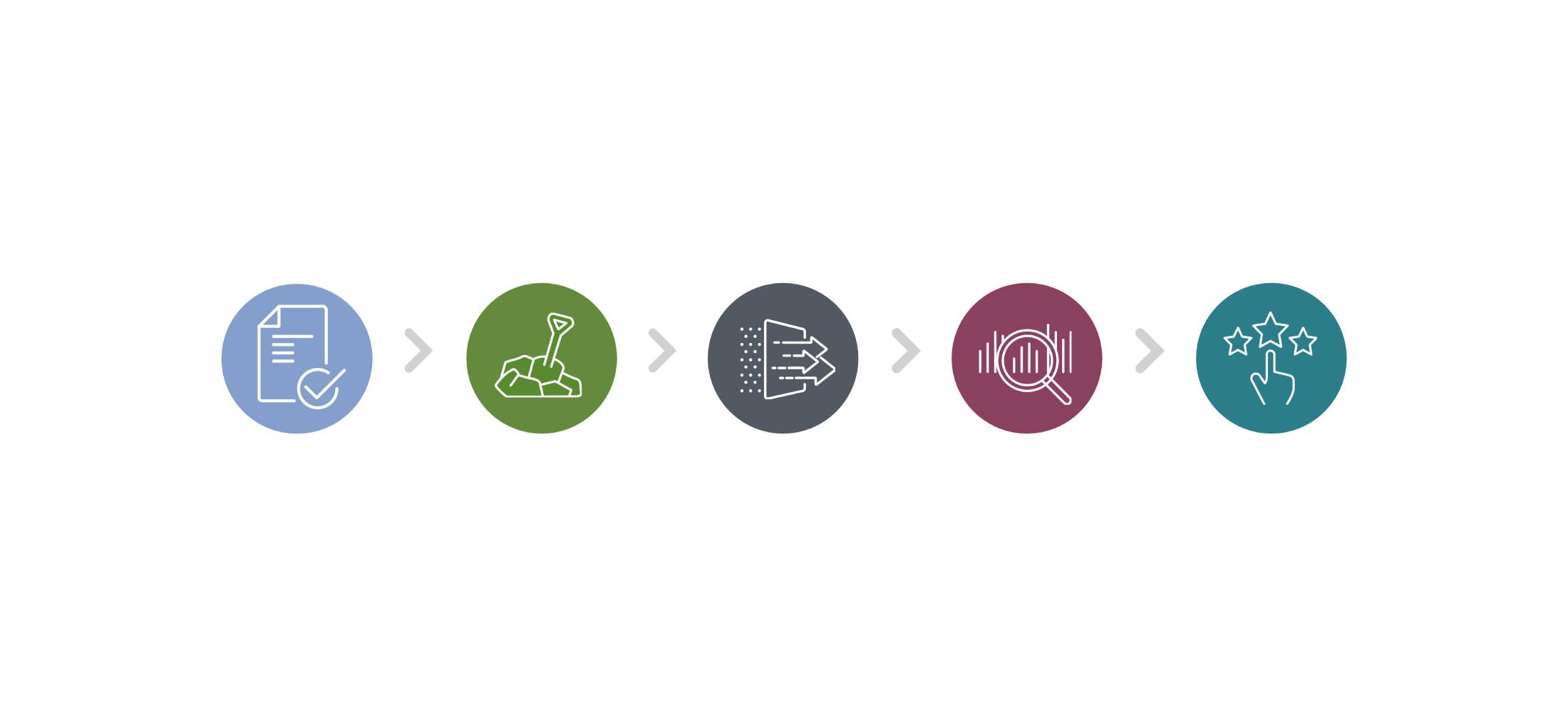There are many different paths that lead education professionals into the world of school improvement consulting. Often, stellar classroom teachers or administrators who have had success leading their classrooms, schools, or districts to achieve better outcomes are tapped to coach and advise others. Some, like many of my colleagues, find their way into consulting as they are drawn to contribute at a system level by helping education organizations generate and use evidence to inform changes in policy and practice.
Something we find universal, regardless of the path taken, is that individuals who find themselves in the role of school improvement consultant rarely have specific training or certification to prepare them for that role.
So, what exactly do school improvement consultants need to know and be able to do? That’s a question we’ve been obsessed with for years, in both theory and practice.
Education research has provided us with a lot of information about the knowledge and skills it takes to improve schools. And cross-sector research has addressed the role of consultants and coaches more generally. By bringing those bodies of research together and drawing on our collective experience, we aim to bring clarity, coherence, and consistency to how people think about the school improvement consultant role through our School Improvement Consultant Framework.
We first introduced our School Improvement Consultant Framework in 2021. Based on our own extensive use of the framework and feedback we’ve gathered from coaches in the field since then, we’ve made some refinements that we are excited to share.
School Improvement Framework

At its heart, school improvement consulting is a helping relationship based on trust. And the most powerful tool we use to be helpful is ourselves. The label “use of self” might be new to you, but chances are, you’ve used this concept—perhaps unconsciously—in your work. Use of self means using awareness of yourself—including all that you know, have done, and are as a person—and awareness of the client and their context in the right way at the right time to help the client.
The next area of the framework focuses on process skills and tools. These are the workhorses of school improvement and figure prominently with change acumen. The word “acumen” was chosen to emphasize that school improvement consultants and clients need deep knowledge and insight about the change process to accomplish their goals.
Likewise, both consultants and clients must apply their content expertise to understand and address what is needed to achieve their outcomes and, ultimately, foster a collective and sustained commitment to results.
You might ask, “Why a capacity building zone? Isn’t the whole framework about building capacity?” Yes and no. The capacity building zone emphasizes the set of competencies that are critical for you to possess and that you help clients strengthen in their systems. Sometimes, capacity building will be an important focus of your work with a client; sometimes, it will be a by-product.
The framework also illustrates the relative balance between consultant’s and clients’ capabilities and responsibilities. For example, use of self is the domain of the consultant. The content expertise area indicates that both consultants and clients bring deep content expertise, but clients have the primary responsibility for using that expertise to fuel change in their own systems.
Whether you are new to the profession or a veteran, this framework provides a guide for your learning and ongoing development. And, be sure to stay tuned—we’ll continue exploring specific facets of the framework in more depth in future blogs.
Download the School Improvement Consulting Framework with descriptions of the five components.





